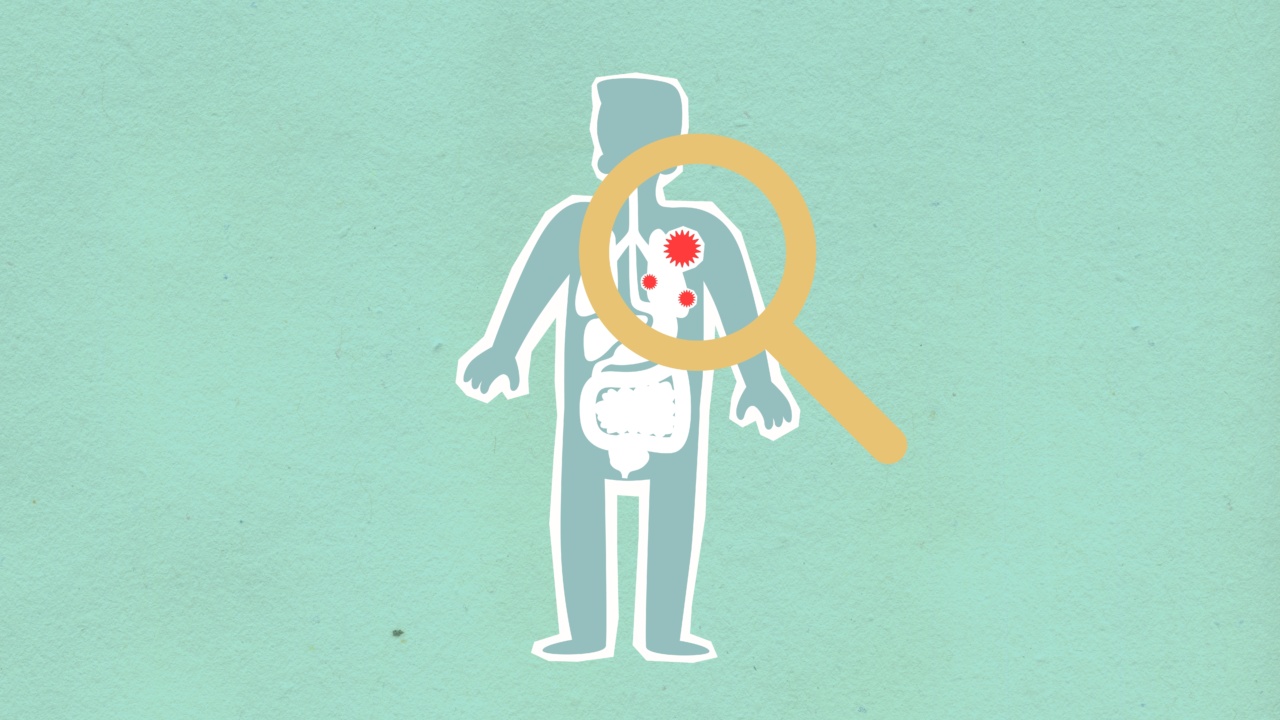In recent years, there has been a growing recognition of the impact of mental illness on older generations. As the population continues to age, it is becoming increasingly important to address the unique mental health needs of the elderly.
Mental illnesses, such as depression, anxiety, and dementia, can significantly affect the quality of life for older adults and their families. Understanding the impact of mental illness on this population is crucial in order to provide appropriate care and support.
The Prevalence of Mental Illness in Older Adults
Mental illness is not limited to any age group, and older adults are no exception. In fact, the elderly population is particularly vulnerable to mental health issues due to a combination of biological, psychological, and social factors.
According to the World Health Organization, about 15% of adults aged 60 and older suffer from a mental disorder.
Increased Risk Factors
There are several risk factors that contribute to the increased prevalence of mental illness in older adults. These include:.
- Physical Health Issues: Older adults often face chronic health conditions and physical disabilities, which can increase their risk of developing mental health problems.
- Loss and Bereavement: The loss of loved ones, such as a spouse or close friends, can trigger feelings of loneliness, sadness, and depression.
- Social Isolation: Older adults may experience social isolation due to limited mobility, retirement, and the loss of social networks.
- Stigma and Discrimination: Negative attitudes and stereotypes about aging and mental health can prevent older adults from seeking help and support.
- Medication and Substance Misuse: Older adults may face challenges related to medication management and may misuse substances as a way to cope with their mental health issues.
The Effects on Mental and Physical Health
Mental illness in older adults can have profound effects on their mental and physical well-being.
Depression, for example, is a common mental health disorder that can lead to a loss of interest or pleasure in activities, changes in appetite and sleep patterns, fatigue, and even suicidal thoughts. Anxiety disorders can cause excessive worry, restlessness, and physical symptoms, such as rapid heart rate and shortness of breath.
The impact of mental illness on physical health is also significant. Older adults with mental health problems are more likely to experience chronic pain, cardiovascular disease, and other physical ailments.
They may also have a higher risk of developing cognitive decline and dementia.
The Role of Caregivers and Family
When older adults face mental health challenges, caregivers and family members often play a crucial role in providing support and care.
Caring for someone with a mental illness can be emotionally and physically demanding, leading to caregiver burden and stress. It is essential for caregivers to prioritize their own mental health and seek support from healthcare professionals and support groups. Family members can also educate themselves about mental illness to better understand and support their loved ones.
Barriers to Diagnosis and Treatment
Despite the prevalence and impact of mental illness in older adults, there are several barriers that hinder the diagnosis and treatment of these conditions. Some of the common barriers include:.
- Underreporting and Misdiagnosis: Older adults may be less likely to report mental health symptoms due to stigma, fear of dependency, or lack of awareness. Furthermore, symptoms of mental illness in older adults can overlap with other physical health conditions, leading to misdiagnosis or underdiagnosis.
- Ageism and Attitudes of Healthcare Providers: Negative attitudes and stereotypes about aging can affect how healthcare providers perceive and treat mental health issues in older adults.
- Limited Access to Mental Health Services: Older adults may face challenges in accessing mental health services due to limited financial resources, transportation issues, or lack of specialized geriatric mental health services in their communities.
- Polypharmacy: The use of multiple medications by older adults, known as polypharmacy, can complicate the treatment of mental health disorders as interactions between different medications can occur.
Addressing the Mental Health Needs of Older Adults
In order to address the mental health needs of older adults, it is crucial to take a comprehensive and integrated approach. Some strategies that can be effective include:.
- Raising Awareness: Increasing public awareness about mental health issues in older adults can help reduce stigma and encourage individuals to seek help.
- Improving Access to Services: Expanding access to mental health services, including specialized geriatric mental health services, can ensure that older adults receive appropriate care and support.
- Integrating Mental Health Care: Integrating mental health care into primary care settings can help identify and address mental health issues in older adults more effectively.
- Providing Education and Training: Healthcare providers, caregivers, and family members should receive education and training on recognizing and addressing mental health issues in older adults.
- Supporting Caregivers: Providing resources, support groups, and respite care for caregivers can help alleviate caregiver burden and improve the overall well-being of older adults.
The Importance of Holistic Care
It is important to approach mental health in older adults from a holistic perspective. This means considering not just the mental health needs of older adults, but also their physical, social, and spiritual well-being.
A holistic approach to care can help improve the overall quality of life for older adults and promote healthy aging.
The Benefits of Early Diagnosis and Intervention
Early diagnosis and intervention are crucial in managing mental health issues in older adults. Detecting and addressing mental health problems early can prevent further deterioration and improve outcomes.
Regular screenings for mental health issues, combined with timely access to treatment and support, can significantly improve the well-being of older adults.
The Way Forward
The impact of mental illness on older generations cannot be ignored. As the elderly population continues to grow, it is imperative to recognize and address their unique mental health needs.
By raising awareness, improving access to services, and providing comprehensive and holistic care, we can make a positive difference in the lives of older adults and their families.































